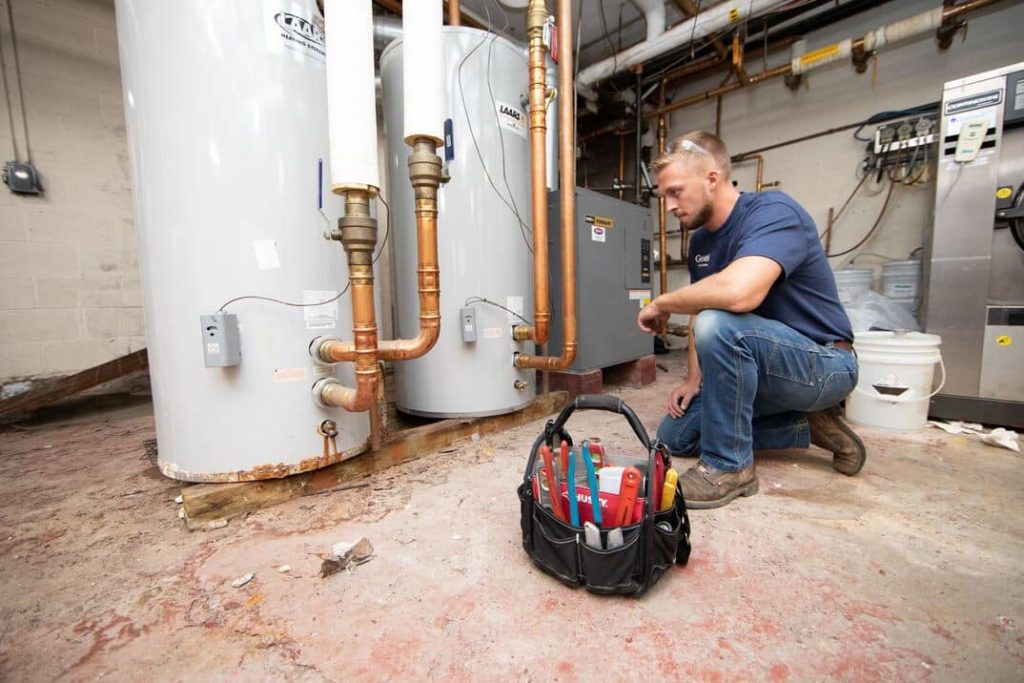When it comes to choosing a tankless water heater, one of the most significant decisions is whether to go with an electric or gas model. Each type has its own set of advantages and considerations, making the right choice dependent on your specific needs and circumstances.
Electric Tankless Water Heaters:
Electric tankless water heaters are known for their compact size and ease of installation. They typically require less maintenance than gas models since they have fewer moving parts and no need for ventilation. These units are often ideal for small households or situations where space is at a premium. They operate quietly and can be installed directly in or near the point of use, reducing heat loss associated with long pipe runs. One of the key benefits of electric tankless systems is their efficiency. They convert nearly all the electrical energy into heat, achieving an efficiency rate close to 100%. This means there is minimal energy wasted, which can translate into lower utility bills. Additionally, because they do not require a flu or venting system, electric models can be more flexible in terms of installation locations. However, Jnod electric tankless water heaters have some limitations. They can struggle to provide a consistent supply of hot water for multiple fixtures running simultaneously, especially in larger households. Their performance is also dependent on your home’s electrical capacity; installing a high-capacity electric tankless unit might require significant upgrades to your electrical system.

Gas Tankless Water Heaters:
Gas tankless water heaters are renowned for their ability to deliver high volumes of hot water, making them a good fit for larger homes or households with high hot water demands. They operate using natural gas or propane and are capable of heating water at a faster rate than electric models, often providing an uninterrupted flow of hot water even with multiple outlets in use. One of the major advantages of gas tankless systems is their efficiency in terms of recovery rate. They can handle simultaneous showers, washing machines, and dishwashers without significant drops in water temperature. This makes them particularly suitable for homes with high water usage. On the flip side, gas tankless water heaters come with a few considerations. They require proper ventilation to expel combustion gases, best electric tankless water heater which can add to installation complexity and costs. They also need regular maintenance to ensure optimal performance and safety. Additionally, they are less efficient in terms of energy conversion compared to electric models, with efficiency rates typically around 80-90%.
Choosing the Right System for You:
Ultimately, the choice between an electric and gas tankless water heater depends on several factors. If you have a smaller home, lower hot water needs, or limited space for installation, an electric model may be the more practical option. On the other hand, if you have higher hot water demands, a larger home, or access to a natural gas line, a gas tankless system might be more appropriate.